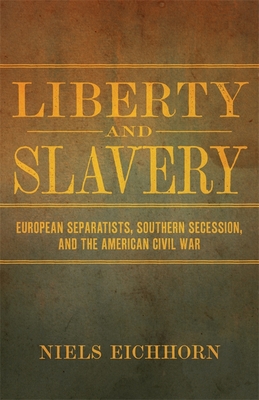Expedite your nonfiction book discovery process with Readara interviews, summaries and recommendations, Broaden your knowledge and gain insights from leading experts and scholars
In-depth, hour-long interviews with notable nonfiction authors, Gain new perspectives and ideas from the writer’s expertise and research, Valuable resource for readers and researchers
Optimize your book discovery process, Four-to eight-page summaries prepared by subject matter experts, Quickly review the book’s central messages and range of content
Books are handpicked covering a wide range of important categories and topics, Selected authors are subject experts, field professionals, or distinguished academics
Our editorial team includes books offering insights, unique views and researched-narratives in categories, Trade shows and book fairs, Book signings and in person author talks,Webinars and online events
Connect with editors and designers,Discover PR & marketing services providers, Source printers and related service providers

Liberty and Slavery: European Separatists, Southern Secession, and the American Civil War
Social Science > Slavery
- LSU Press
- Hardcover
- 9780807171677
- 8.5 X 5.51 X 0.63 inches
- 0.93 pounds
- Social Science > Slavery
- (Single Author) Asian American
- English
Readara.com
Book Description
In Liberty and Slavery, Niels Eichhorn examines the language of slavery, which he considers central to revolutionary struggles, especially those waged in Europe in the nineteenth century. Eichhorn begins in 1830 with separatist movements in Greece, Belgium, and Poland, which laid the foundation for rebellions undertaken later in the century, and then shifts focus to the 1848 uprisings in Ireland, Hungary, and Schleswig-Holstein. He argues that revolutionaries embraced or rejected the language of slavery as they saw fit, using it to justify their rebellions and larger goals.
The failure of these insurgencies propelled a wave of revolutionary migrants across the Atlantic world. Those who journeyed to the United States felt the need to adjust to the political and sectional divisions in their new home. Eichhorn shows that separatism was widespread during this period; the secessionist aims of the American Confederacy were by no means unique.
Additionally, Eichhorn explores these migrants' motivations for shunning the Confederacy during the American Civil War. Having been steeped in the language of slavery and separatism, they naturally sided with the Union when the sectional crisis culminated in civil war in 1861.
Author Bio
I am a historian of the American Civil War era. My interests extend into Nineteenth Century U.S. Diplomatic history, Nineteenth Century European history, Atlantic World history, transnational history, and most recently Public History. I received my Bachelor of Arts in History from the University of Louisiana at Lafayette, where I also completed my Master’s of Arts in History. Dr. Daniel Sutherland at the University of Arkansas directed my dissertation in completion of the Ph.D.
Source: nielseichhorn.com
Videos


Community reviews
No Community reviews

